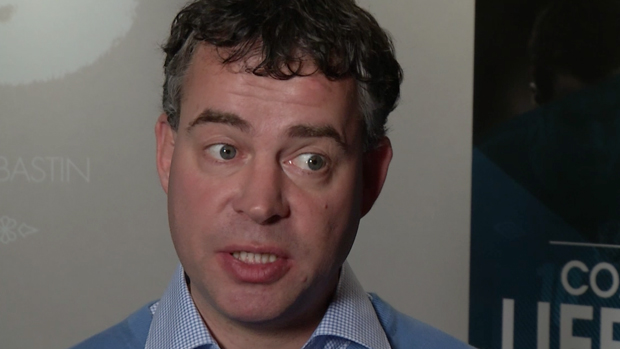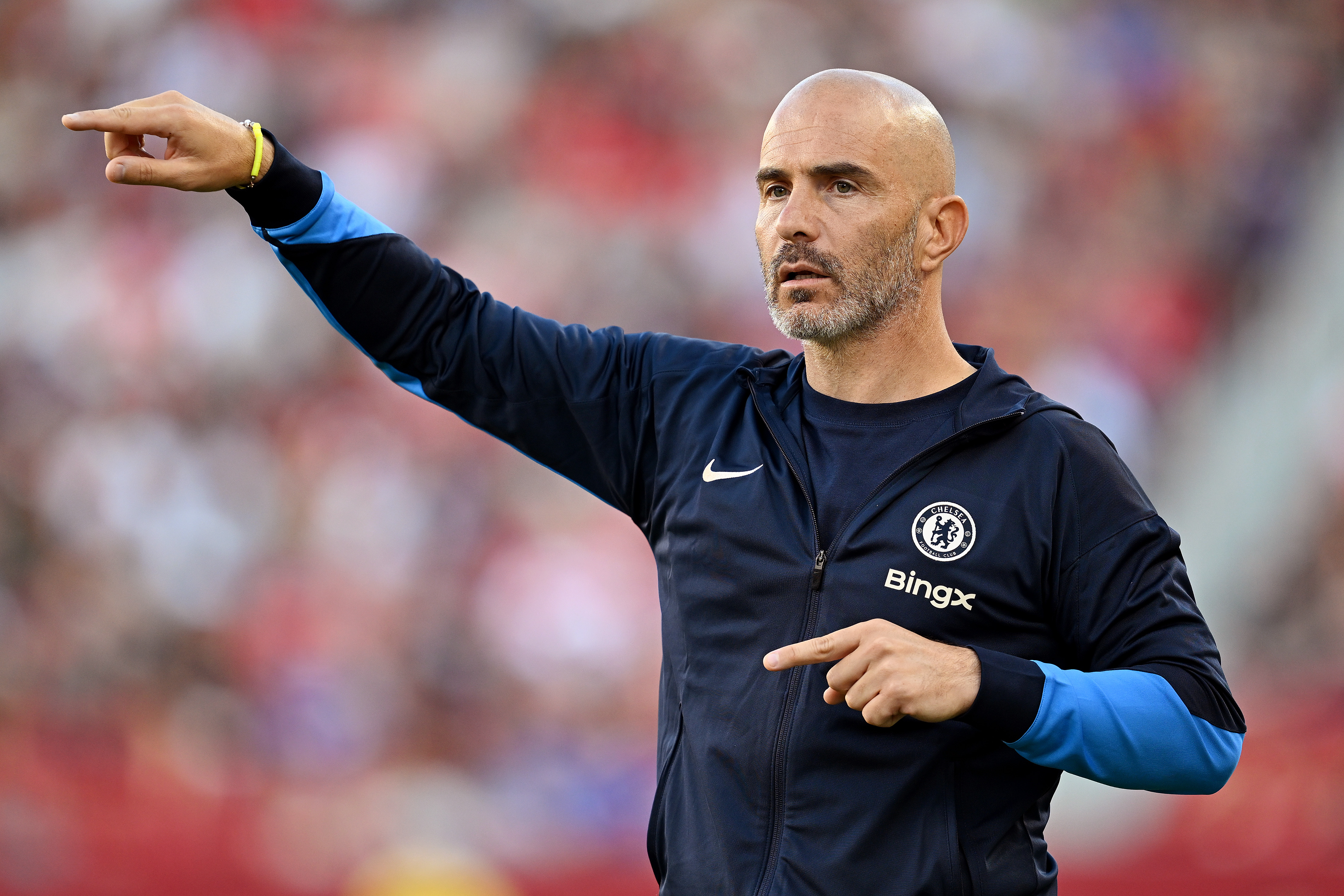Recovery rules for football
Dutch coach Raymond Verheijen explains the best way to recover from 90 minutes

Playing football is a traumatic experience for the body. Apart from the immediate dangers – shoulder barges, flailing elbows, a clash of heads and bone crunching tackles – there’s all the explosive movements – sprinting, change of direction, jumping and tackling.
Once we’ve put our bodies on the line we bruise, swell and ache. It’s a painful business, but there’s no place for a whinging mummy’s boy on the pitch. If you want to achieve optimum performance you need to get back to training and prepare for the next game.
Getting your recovery right is the key. For Dutch coach Raymond Verheijen, who has worked with Holland, Russia and South Korea at six major championships, you have to understand the effects football has on your body before you can treat it.
“What everybody, especially coaches, should understand is that a lot of things happen to the body when playing football,” he told FFT.
“You deplete your energy stores, you’re damaging your muscles and you’re developing a lot of waste products that have to get out of the body so after the game a lot of things have to happen.”
Including eating the right foods, according to Verheijen. To find out what you should be feasting on post-match watch this video and let the Dutch conditioning expert fill you.
Raymond Verheijen is the co-founder of the World Football Academy. For more information visit www.worldfootballacademy.co.uk
Also see:
Recovery: A how to guide
Shane Long's rules to recovery
Micah Richards: Recharge your batteries for the next game
Post match recovery starts here...
Bobby Zamora on recovery
Bedtime at the Theatre of Dreams
How to sleep yourself sharp
Get FourFourTwo Newsletter
The best features, fun and footballing quizzes, straight to your inbox every week.
